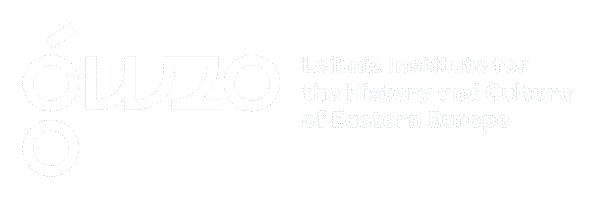How can post-Soviet urban spaces evolve from standardized environments into sustainable and vibrant public realms? This question guided the presentation by cities.building.culture project researcher Ekaterina Gladkova at the XIII International Scientific Conference “Green City and Architectural Heritage”, held at the Cultural Heritage Preservation Institute of Belgrade (10 October 2025).

The annual conference, organized by the Cultural Heritage Preservation Institute of Belgrade in partnership with the Institute of Architecture and Urban & Spatial Planning of Serbia, provides a multidisciplinary platform for discussing the intersection of heritage preservation, sustainability, and green urban development. The 2025 edition focused on topics such as green infrastructure and cultural heritage, adaptive reuse, energy-efficient restoration, and the impact of digital technologies on urban heritage management.

The cities.building.culture project contributed to the thematic session Green Infrastructure and Cultural Heritage, with the presentation “From Standardization to Sustainability: Open Space Transformation in Post-Soviet Cities.” The talk explored case studies from Irkutsk and Tbilisi, highlighting how both top-down and bottom-up transformations are reshaping the landscape of large housing estates and offering pathways toward a more sustainable and resilient future for these urban areas.

The conference gathered researchers, urban planners, and heritage professionals to exchange ideas on integrating architectural heritage with the principles of the green city. Discussions emphasized the importance of balancing conservation with innovation and adapting post-industrial and post-socialist urban areas to contemporary sustainability challenges.
The abstract of the presentation and other conference contributions can be found in the official Book of Abstracts, available here:
https://beogradskonasledje.rs/wp-content/uploads/2025/10/XIII-KONFERENCIJA-2025-knjiga-apstrakata-1.2.pdf
Photos by Snežana Negovanović







